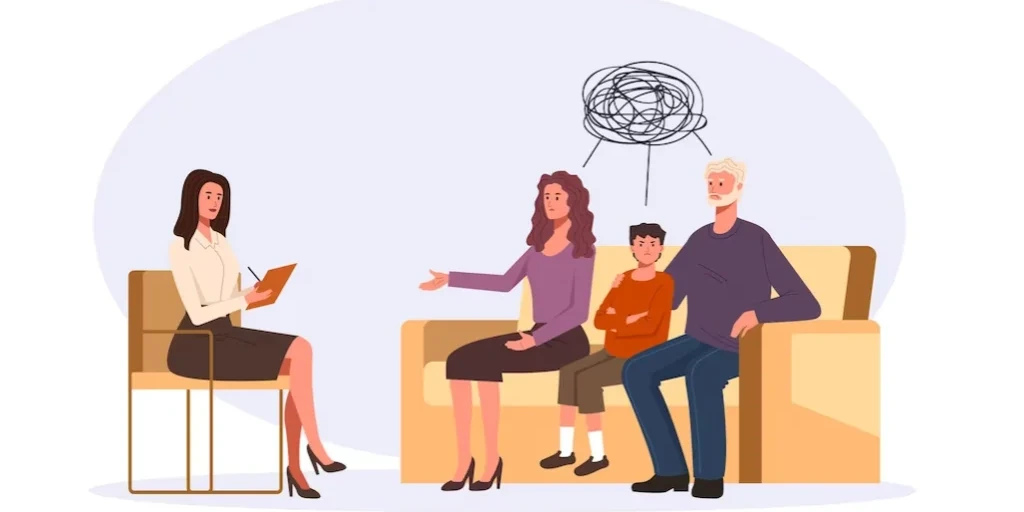24/7 Helpline:
(866) 899-221924/7 Helpline:
(866) 899-2219
Learn more about Depression Treatment centers in Ruston
Depression Treatment in Other Cities

Other Insurance Options

State Farm

United Health Care

Multiplan

Sliding scale payment assistance

MHNNet Behavioral Health

American Behavioral

Regence

Holman Group

Ambetter

Private insurance

GEHA

Cigna

BHS | Behavioral Health Systems

Absolute Total Care

Medical Mutual of Ohio

BlueCross

Self-pay options

Sutter

Providence

CareFirst

Lincoln Nova Vital Recovery
Lincoln Nova Vital Recovery is a dual diagnosis, drug, and alcohol addiction treatment center locate...

Northeast Delta Human Services Authority
Northeast Delta Human Services Authority serves people with mental health issues, addictive disorder...



Professional Counseling Services of Ruston
Professional Counseling Services of Ruston is a private rehab located in Ruston, Louisiana. Professi...








































